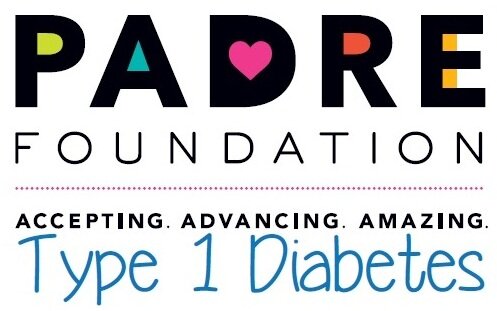
Resource links
To all CHOC Children’s families:
For updated information regarding novel coronavirus (COVID-19) and children with Type 1 diabetes, please go to CHOC.org/coronavirus for general information.
Links.
American Diabetes Association:
The mission of the ADA is to prevent and cure diabetes and to improve the lives of all people affected by diabetes.
Children with Diabetes:
The mission of Children with Diabetes is to promote understanding of the care and treatment of diabetes, especially in children; to increase awareness of. the need for unrestricted diabetes care for children at school and daycare; to support families living with diabetes; and to promote understanding of research into a cure.
Pediatric Endocrinologists
Dr. Mark Daniels & Assoc. Director of Pediatric Endocrinology CHOC 1201 W. La Veta Ave Orange, CA 92868 714-509-8634
Dr. Alan Cortez Director of Pediatric Endocrinology Kaiser-Permanente, Orange Co. 1185 N. Euclid Anaheim, CA 92801 Work: 714-254-2720 Fax: 714-254-2764
Community Wellness Support/Hoag Diabetes Center Orange County:
The Mary & Dick Allen Diabetes Center offers a variety of wellness and support services for its patients and the community.
Diabetes Camping and Educational Services, inc./Camp Conrad Chinnock:
Conrad Chinnock offers multiple sessions for youth, teens and families living with Type 1 diabetes. The medical program is designed to impart self-management skills that can lead to a longer and healthier life. All cabins are fully enclosed to accommodate eight to ten youth and a trained counselor. All sessions are led by a pediatric endocrinologist, and a team of physicians, nurses, and dietitians. The camp’s registered dietitians plan meals and snacks based on a carbohydrate counting system.
Breakthrough T1d:
Breakthrough T1d, the leading charitable funder and advocate of Type 1 diabetes research worldwide, was founded in 1970 by the parents of children with Type 1 diabetes. Their mission is constant: to find a cure for diabetes and its complications through the support of research.
Sample Blood Sugar Log:
Keeping track of your blood sugars, insulin dose, and carbohydrate intake is extremely important. Your Endocrinology team needs this information to make the best decisions on how to adjust your treatment plan. If you are in need of additional sheets, you can download one here, courtesy of OneTouch
SafeSittings Diabetes Babysitting Service:
Families who have children with diabetes often have great difficulty finding someone to babysit who understands the dangers and details of diabetes. SafeSittings is a nationwide website that makes available teens with Type 1 diabetes as babysitters for children with diabetes. Teens who are interested in putting their skills and experience to good use should create a profile and post their availability.
For Young Adults Living with Diabetes.
Life After High School:
Are you graduating high school this year? PADRE and CHOC have teamed up to provide you with resources for easing the transition between high school and your post-high school plans. Whether you are moving away for school, living at home and attending school locally, or planning to enter the workforce after graduation, we’ve compiled tips and resources to navigate these changes together with your diabetes management.
College-Bound Freshmen - Disability Services:
If you had an IEP or 504 plan in place throughout high school you may be familiar with available supportive services at school. In college, support and accommodations might look different. Accommodations are managed through the school’s disability services office and tend to vary among institutions. They can include anything from additional time during exams to allow you to test and treat your blood sugar as needed. to providing a mini fridge in your dorm room to keep your insulin cold. To be eligible to receive accommodations at your college. you will need to apply directly with the disability services office.
Check in with your college’s disability services office to find out how to apply for accommodations and what documentation you will need to provide.
The Diabetes Link:
The Diabetes Link is a non-profit organization that aims to provide college students with T1d with peer connections and resources to make college with diabetes a more supportive experience.
Information on their website includes flyers on:
Moving Out Timeline
Common Challenges on Campus
Talking T1d with Friends
Diabetes Cheat Sheet for Professors
